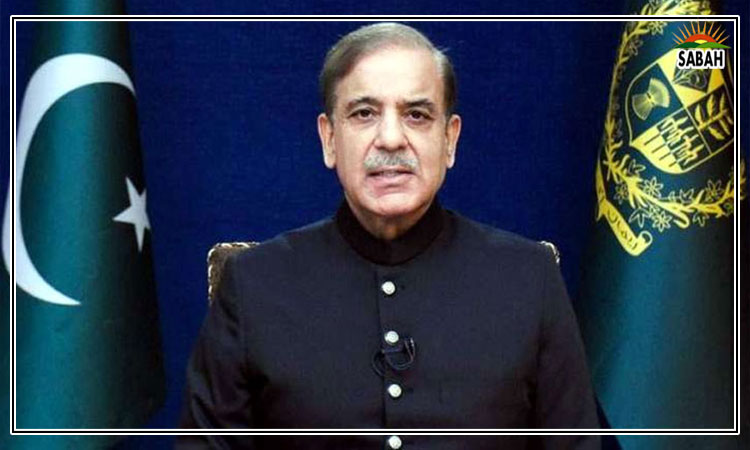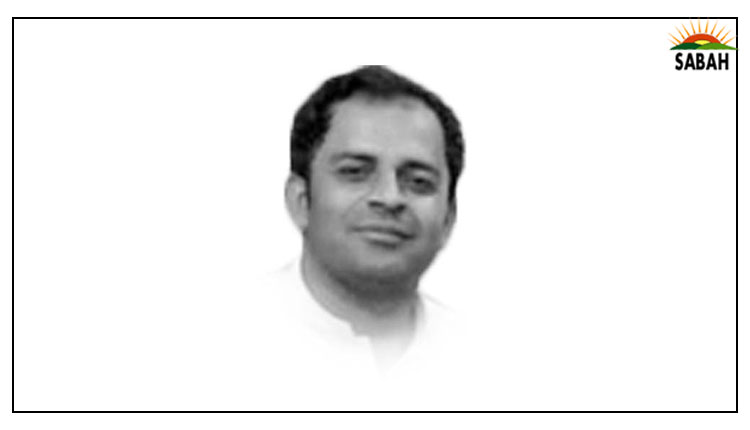The cost of inaction…Ali Hassan Bangwar
In the realm of existence, dreams stimulate human actions, provide direction and propel individuals towards a fulfilling life experience. Every human is driven by internal motivations and external inspirations to pursue their dreams, whether through great endeavours or small steps taken with great dedication. Societys instinct and dynamics push individuals towards achieving success in life. However, dreams rarely materialise without action. In other words, action acts as the bridge between dreams and their realisation, and without it, dreams remain mere aspirations.
Yet, the question arises: do actions accompany all dreams? And do all efforts guarantee success?
The answer to the former is evidently negative, as inaction often characterises our lives, marked by unfulfilled dreams. The answer to the latter, however, is affirmative. Do all efforts lead to success? Yes, but not always in the way we anticipate. Even if they do not bring us the desired outcome, they bring us closer to it. Even failed attempts rarely go unrewarded; they help us recognise our potential and guide us towards alternative paths that may lead to success. Failed efforts, therefore, disguise triumph in their own way, as they ultimately lead us forward if we choose to learn from their experiences and lessons. Actions, like inactions, have their costs. What do actions cost? Honestly pursued efforts grind away our hubris, animalistic nature, stagnation, and the obsession with seeking comfort.
But what costs us more action or inaction? Undoubtedly, it is inaction. The inability and unwillingness to make an effort entails immeasurable costs in life. If we fail to take action, we fail ourselves. If we relinquish control and allow lifes circumstances to dictate our path, we become mere subjects, drifting into uncharted territories of insignificance. We become nothing more than objects for the powerful segments of society to experiment upon. Ultimately, action is the manifestation of being alive. Without taking action for our dreams and exerting effort, we defy and devalue our own existence.
What leads us towards inactivity? What prevents us from taking charge of our lives? Several factors contribute to this. Complacency is the initial cause, as we, as comfort-seeking beings, tend to cling to our current state. Once we muster the courage to break free from complacency, we face uncertainty, which often accompanies our expectations and efforts. This uncertainty leads to indecisiveness. Indecisiveness is, therefore, another factor that hinders our activity.
Even when we overcome this hurdle and make decisions, we tend to procrastinate. We delay our plans as a protective measure, fearing the potential consequences of taking action. Even if we escape the trap of procrastination, we encounter a multitude of fears. These fears arise from societys detrimental mindset and our own ill-thought-out perceptions arising from our personal experiences. Among these, the fear of failure is considered the most significant reason for our inaction. As a powerful emotion with protective functions, it profoundly influences our decision-making and restricts our actions towards pursuing our dreams. It extinguishes more dreams in their infancy than actual failure does. It makes us subservient to the unfolding circumstances of life.
The fear of judgment, social ridicule, the unknown, and envisioning ourselves in changed circumstances hinder our potential growth and the rewarding outcomes that efforts, experience and lessons can bring. Our preoccupation with societal expectations and our excessive regard for others opinions subject our actions to prior social approval. And society hardly approves of what we aspire to.
As our greatest enemy, inaction keeps us from realising our potential and becoming what our life and existence so demand. A fulfilling life experience necessitates defining our goals, setting a direction, determining a destination and taking action. If we fail to act upon the materialisation of our dreams, others will exploit us to build their own. Therefore, our success lies on the other side of the illusory and fallacious notions that underlie our inaction.
Courtesy The Express Tribune












